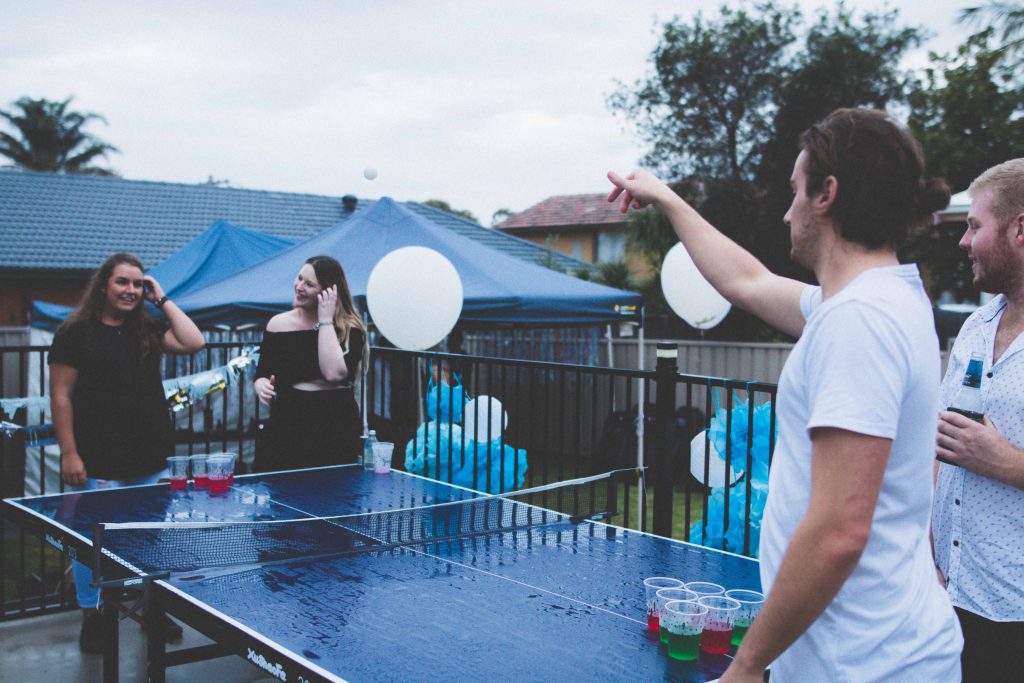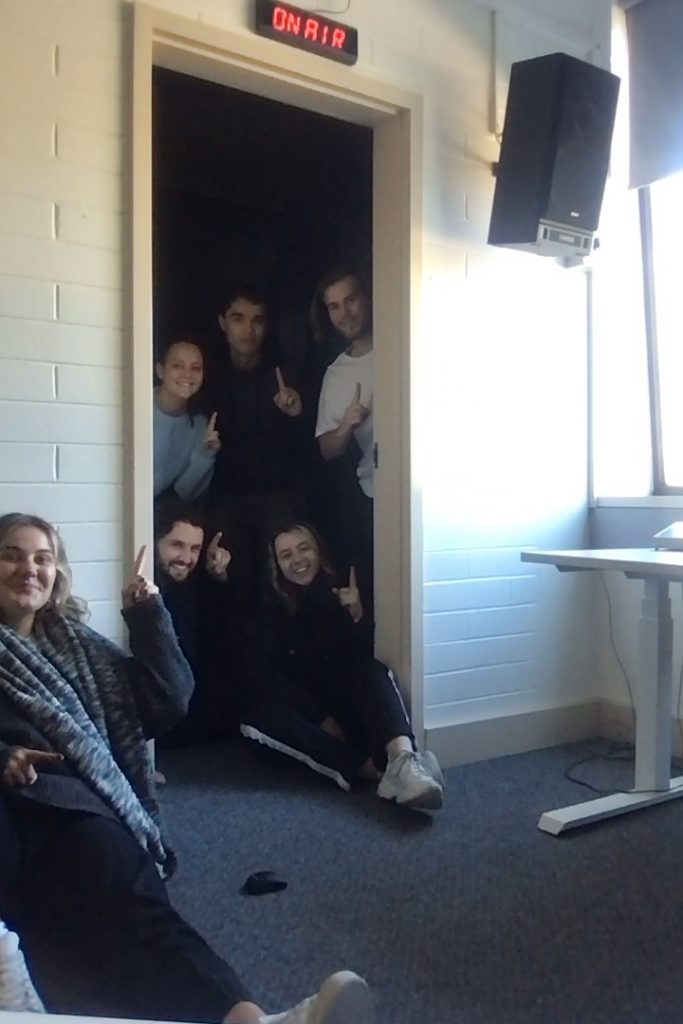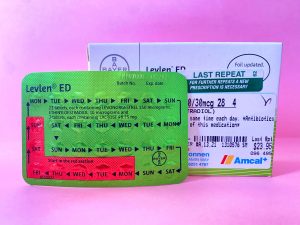Study shows alcohol killing thousands each year: UC set to tackle risky drinking

Alcohol and university, two words that tend to go together. With drinking traditions like hazing, orientation weeks, and UC’s very own Stone Week, it is unsurprising that these events go hand and hand with extensive amounts of alcohol.
For many students drinking comes at a low cost: a hangover solved the next day by a Netflix binge and Panadol, but this might not be the case.
Recent findings published by National Drug Research Institute (NDRI) in its National Alcohol Indicators project(NAI) have revealed alarming statistics taken over an 11 year period, between 2004 and 2015.
The study found that nearly 6,000 people, aged 15 and above, die of alcohol-attributable causes in a year. This equates to around one Australian being killed every 90 minutes, with 36% of that number dying of an alcohol-attributable cancer.
Within this same one-year period, hospitalisations averaged at around 400 alcohol related admissions a day or one every 3½ minutes.
Leading Professor Tanya Chikritzhs believed that the most hard-hitting findings were those showing that a large portion of deaths were from alcohol-contributable cancers. Most people, including university students, are not immediately aware of these long-term risks.
“We have a long way to go to embed the notion that drinking alcohol genuinely increases risk of cancer and death…A large proportion of cancers are related to low or moderate drinking levels. Risk begins from your first drink, and the more you drink the higher your risk.”
“We understand much more now about the link between alcohol and cancer than we did five or 10 years ago, and that knowledge continues to grow.” She said.

Chief Executive of the Foundation for Alcohol Research and Education (FARE) Michael Thorn, says a 2017 FARE survey of first year students at UC and Australian National University conducted as part of an ACT health funded project, indicated that many students who drink alcohol do so at risky levels, without thinking of long term or even short term consequences.
“As highlighted in recent media reporting, hazing practices in universities often include excessive use of alcohol. Our own recent survey found that unfortunately, there is still a large number of university students drinking at dangerous levels. The university setting provides easy access to cheap alcohol, and universities in the ACT are exempt from the Liquor Act (2010), placing students at further risk.”
“Young Australians need to be aware of the long-term health risks associated with alcohol, just like they have been informed about the harms caused by smoking,” he said.
Thorn believes that universities across Australia need to be addressing the harmful and dangerous drinking environments that are occurring on their campuses.
“Universities have a duty of care to create environments for students that encourage heathier and safer choices when it comes to alcohol.”
“One of the first things that needs to be done in the ACT is removing the exemption for universities from the Liquor Act. This exemption allows the sale of alcohol to be governed by the university. This fails to protect students from the comprehensive controls extended by the Liquor Act.”
A health promotion campaign Reduce risky drinking – create a new norm, will launch at the University of Canberra on the 17th of April. The UC Medical and Counselling Centre is partnering with FARE to deliver the social norms-based campaign that aims to correct misconceptions students have about drinking.
Thorn also suggests that students should be taking steps to reduce their risk from alcohol and drink responsibly.
“Students should be encouraged to make an effort to have alcohol free days and change the after ‘study routine’ and do something that doesn’t revolve around alcohol. There are simple steps students can do when they are out with friends to drink less by alternating every second drink with a non-alcoholic drink, don’t drink in rounds and practice saying no. It’s important that students are comfortable to say no when it comes to drinking alcohol.”



Be the first to comment!